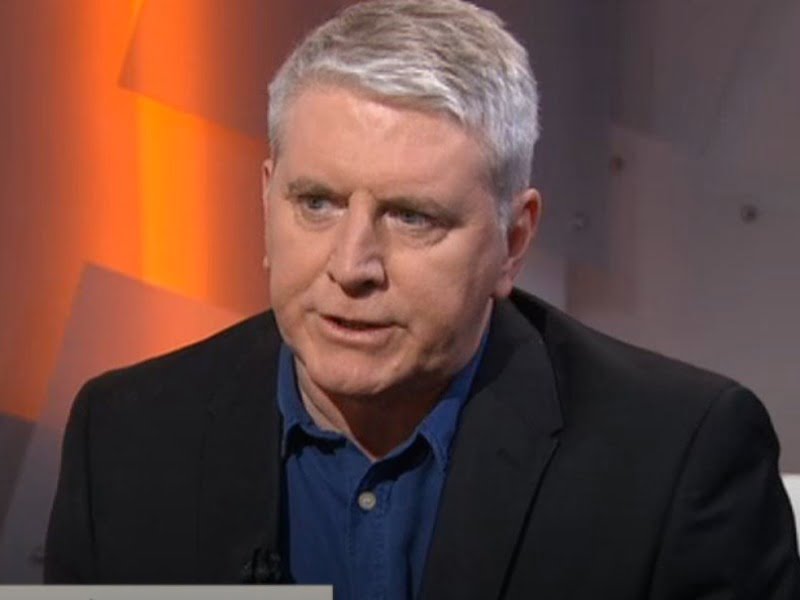There has been a “failure” by the Coalition to deliver adequate Defence capability over the last decade, with the cancelling of programs such as the recent drone surveillance initiative overshadowing productive investments of late, according to shadow Defence minister Brendan O’Connor.
Defence Minister Peter Dutton faced off against Mr O’Connor at a debate at the National Press Club on Thursday, agreeing on the importance of sovereign capability and upskilling the Australian workforce, but clashing over the effectiveness of the government’s capability building over recent terms.
There has been a “failure” to deliver these capabilities over the last ten years, Mr O’Connor said.
“The government has to be more accountable and transparent on these matters, it should disclose things it changes its mind on,” Mr O’Connor said during the debate.
“There are a litany of examples where the government has not done what it said it would do. Often it has promoted things that are new, but not the things it has cancelled. You wonder whether they genuinely support sovereign capability.”

It was revealed at a recent Senate Estimates hearing that a $1.3 billion Defence drones program had been scrapped to help pay for the $9.9 billion investment into the Australian Signals Directorate’s cyber capabilities, dubbed REDSPICE.
“You don’t get to boast about REDSPICE when you secretly cancel the Sky Guardian, only uncovered during Senate Estimates. You shouldn’t be able to boast about that,” Mr O’Connor said.
Mr Dutton said that the REDSPICE program would be “revolutionising” for Australia’s offensive cyber capability, and “turbo-charging” the nation’s ability to strike back against cyber attacks.
He said the government should not shy away from scrapping Defence projects which aren’t delivering.
“Where we have programs that are not performing, those programs will be terminated,” Mr Dutton said.
“We expect in a contracted arrangement for there to be performance, and where people are not performing we will terminate that contract. I don’t want the problem projects to overshadow the success we’ve had.”
The Defence representatives were also asked whether they would be willing to agree for Australia’s submarines to be built overseas if this meant they would be delivered earlier.
While neither offered a direct yes or no, both reiterated the importance of using Defence projects as a way to boost local skills and capability.
“We want to acquire the skills. We want to train the people up – the government has scholarships and we’re enrolling people in nuclear programs to be able to crew the submarine,” Mr Dutton said.
“Our commitment is to see them built here in South Australia and I hope that we can make an announcement as to which submarine we’re going with in a condensed period, shorter than the 18 months that we’ve spoken about, and we’re on track to be able to do that.”
Longer-term contracts should look to gradually increase the proportion of local content over time, Mr O’Connor said.
“I effectively agree that ideally you build defence assets here. Obviously there would be parts of such an asset that would not be built here, but you’d want to build it over time,” Mr O’Connor said.
“My view on Defence assets across the board is that ideally you manufacture them here. That’s a sovereign capability. If you can’t build it all here, you build as much as you can here, and if it’s a long-term contract, you look to increase the proportion of local content over the course of the contract.
“Sovereign capability is an asset in and of itself. And we know there are going to be supply chain problems. As a Defence Minister, though, you want to make sure that you’ve got what you’ve got to defend the nation. But along the way, you have to build up the capability to do it here. Not just for jobs, not just for the economy, but for defending the country.”
Do you know more? Contact James Riley via Email.

